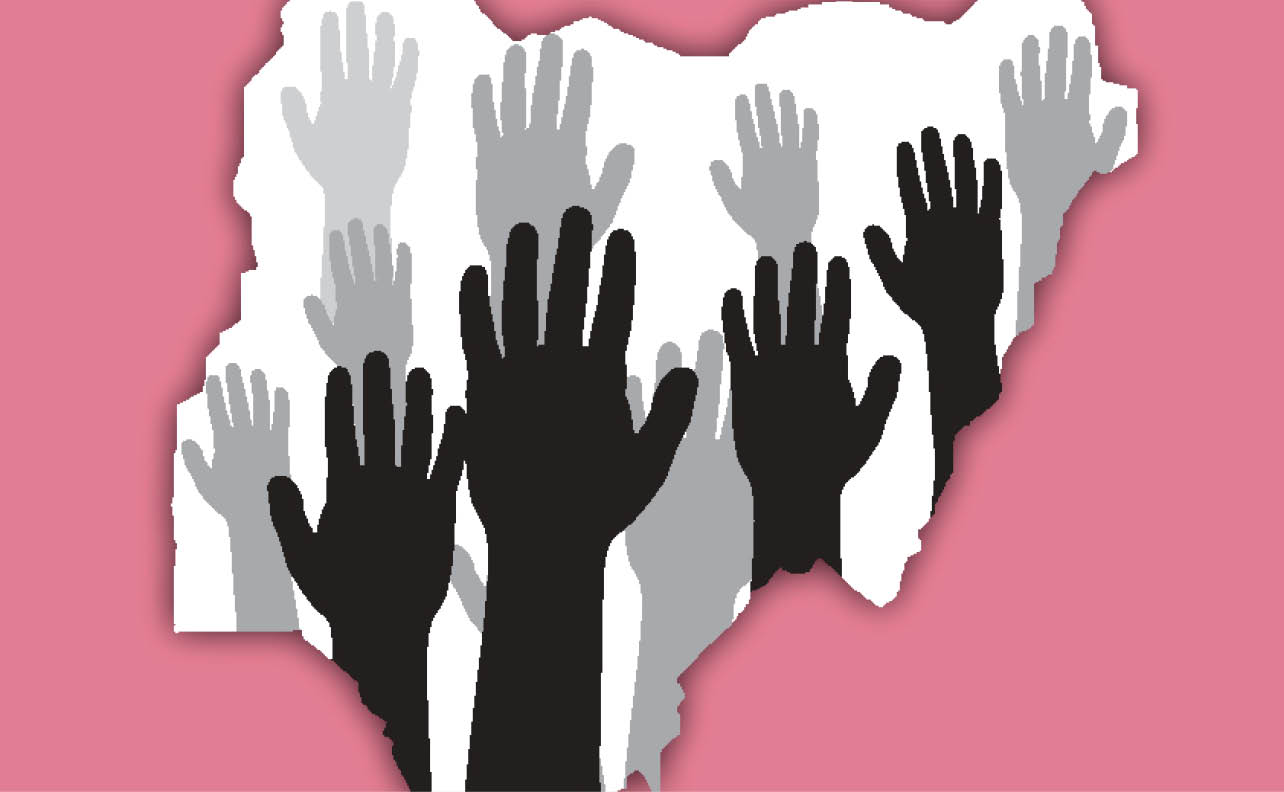A state, as defined by Adigwe et al., is a geographic territory occupied by people with a legitimate government and is free from external control. The core characteristic of a state is the people occupying that geographic territory. The citizens are what make or mar a nation. Without this core characteristic, a state is merely nothing but a geographical space.
As I returned to Nigeria from a recent trip abroad, I could not help but reflect on the stark differences between Nigeria and my experience travelling beyond our borders. Stepping onto foreign soil was like entering a different world entirely, one that shines with efficiency, cleanliness, and orderliness, a stark contrast to the occasional chaos and disorder back home. These glaring disparities beg a pressing question: Why can’t Nigeria be more like that?
Yes, arguably successive administrations have failed to translate the nation’s abundant resources into tangible development and improved living standards. However, the root of the problem appears to lie not only in our leadership alone but also in the behaviour of the general population. It is disheartening that a significant number of our citizens lack patriotism, discipline, and a fundamental understanding of how a society should function. The behaviour of Nigerians both at home and abroad, consistently demonstrates this reality.
Many of us (Nigerians) solely focus on demanding our rights and accountability from our leaders, disregarding our own duties and obligations towards our nation. There is clearly a deficit in patriotism and civility in this country.
- Hunger protest: Nigeria needs total overhaul – Shettima
- Nigeria’s protest saga: A cry for inclusivity and equal rights
Beating traffic lights, trying to jump queues at banks, hospitals, parks, ATM points, fuel stations always trying to find a shortcut. Parking in unauthorised or designated areas, littering or dumping waste in public spaces, exhibiting political apathy by not voting during an election, nor contesting for any political office yet still complaining when incompetent people make it to power through the channels we left open for them.
Additionally, we all complain about corruption, but how many of us can honestly and confidently say that we have never given or received bribe?
The statistics paint an even grimmer picture. For instance, early this year, within three months, the National Drug Law Enforcement Agency (NDLEA) seized 115,244kg illicit drugs worth millions of naira and also arrested 4,329 drug traffickers. Similarly, according to the road transport data released by the National Bureau of Statistics, 440 of the 3983 road traffic accidents that occur were caused by a light/sign violation. One out of every nine road traffic accidents in Nigeria is caused by a light/sign violation.
Additionally, according to the Nigeria Inter-Bank Settlement System (NNIBSS) a total of 80,658 individuals were reported to have been defrauded, with the highest percentage of defrauded individuals residing in Lagos (23 per cent), followed by Rivers (six per cent), Abuja (five per cent), Ogun and Oyo (5 per cent).
Who commits all these crimes? Who breaks all these laws that were set for the smooth running and prosperity of the state? We do!!
Regrettably, our disorderliness does not stop at our fatherland alone, many Nigerians visit well-functioning countries and, instead of blending in, inadvertently choose to create chaos, damaging our country’s image and reputation. This has led to unwarranted scrutiny and profiling when other Nigerians find themselves in foreign countries, resulting in an increase in airport security checks. The rationale behind this heightened attention is clearly evident. What should be an opportunity for cultural exchange often reflects the issues we face at home—disorder, neglect, and uncleanliness.
The United Arab Emirates (UAE) ban on Nigeria, which was recently lifted, was majorly due to invalid visas and the bad behaviour of Nigerians in their country.
In Makkah, a taxi driver from Chad informed me that nearly half of the black population consists of Nigerians, and a significant number of them live in illegal status. I visited an area in Makkah where Nigerian women do food businesses in impoverished and unsanitary conditions, creating a disorderly and filthy environment. Sadly, similar scenes can be found in many other countries. This begs the question: Why do Nigerians exhibit such behaviour at home and abroad?
In contrast other nationals from other countries residing overseas, for instance, the Chinese diaspora living in major global cities have been able to establish a vibrant community known as Chinatown. Chinatown is a thriving neighbourhood found in major cities worldwide, from London and Los Angeles to New York, Vancouver, and Paris. It serves as a prominent tourist attraction, offering a window into Chinese culture and businesses. It stands as a remarkable portrayal of China, far away from China, in stark contrast to the image Nigeria and Nigerians project abroad. This prompts the recurring question: Why can’t Nigeria achieve a similar presence abroad?
The solution to these crucial questions lies in the need for Nigerians to change. We are part of the problem, enough with the blame game and pointing fingers, “We just have to change” all of us, common men and leaders alike.
There is no shortcut, we have to be more law-abiding and cautious of our actions, or lack thereof, in and outside the country. We should always remember that outside these borders of ours , we are all ambassadors, representing this great nation therefore should do nothing to tarnish its image. We must all consciously decide to do things right irrespective of where we are and only then will we see change and only then can Nigeria take its rightful place on the global stage.
Aisha Dahuwa is a mass communication student of Nile University of Nigeria, Abuja.

 Join Daily Trust WhatsApp Community For Quick Access To News and Happenings Around You.
Join Daily Trust WhatsApp Community For Quick Access To News and Happenings Around You.


